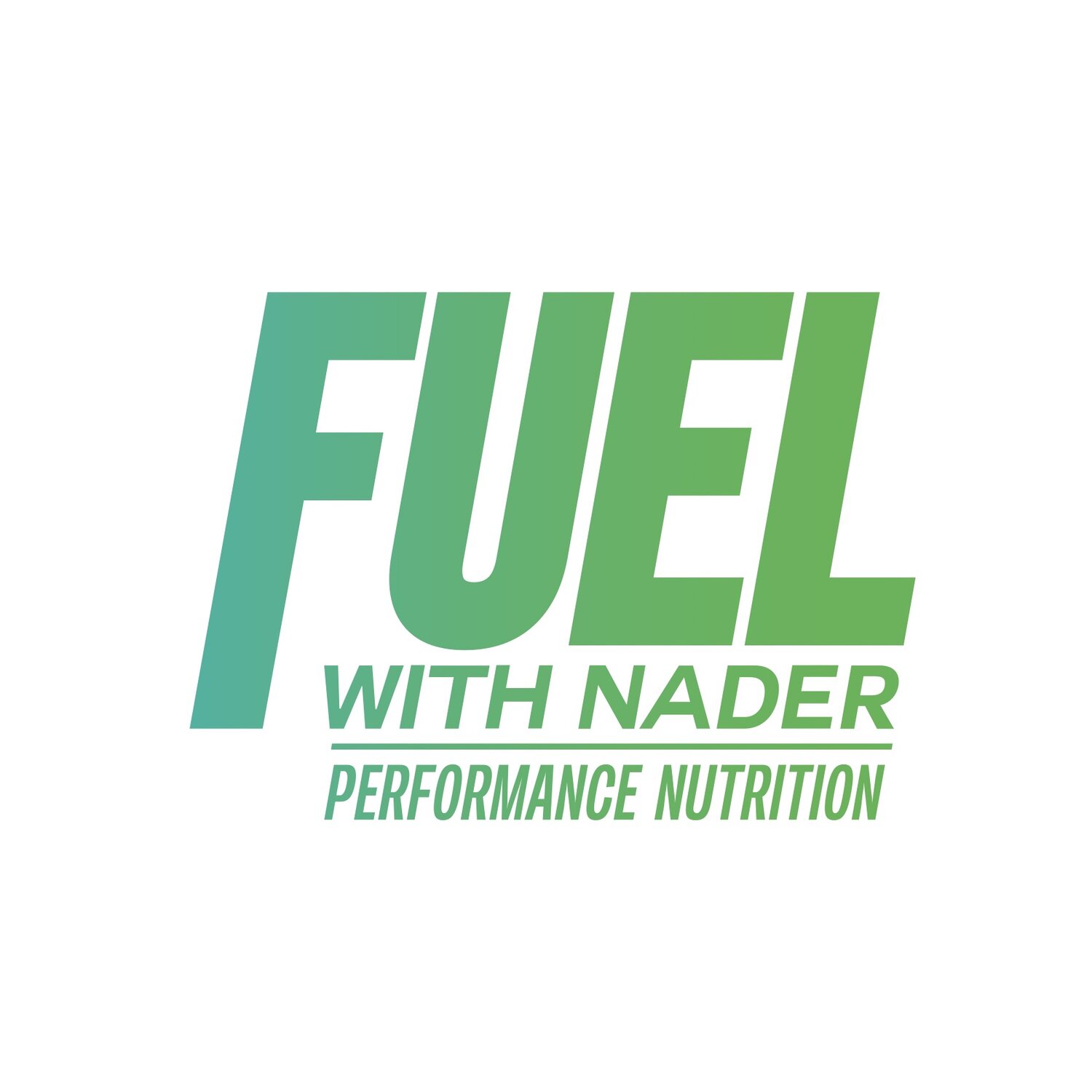Intermittent Fasting
Fasting. We may think of it as a biblical time thing or religious thing, but it is making it come back now. People used to fast for days, but now the thing is intermittent fasting. It is when you go through periods of fasting and periods of feeding in a day. There are multiple types of intermittent fasting, from 8 hours to 14 hours, so we will touch on the time effects and which are more effective for goals.
Why as this become so popular? One reason is more research has been done to show benefits for weight loss and improving health for individuals. And it doesn’t eliminate any foods. So you don’t lose out on types of foods that you enjoy, but for intermittent fasting to have the effects desired, there are some more rules than “don’t eat for X number of hours”. But let’s dive deeper into what intermittent fasting truly is and how it can be utilized for an athlete.
What is intermittent fasting?
An eating pattern, more than a diet, that has fasting periods and eating periods. The most popular methods are…
16/8 method is fasting for 16 hours and eating for 8 hours primarily in the middle of the day, skipping breakfast.
https://www.kaa-yaa.com/does-intermittent-fasting-diet-lead-to-muscle-loss-account-from-my-personal-experience/
Eat-Stop-Eat is the 24 hour method of choosing 2 days per week to fast for 24 hours. These days cannot be back to back though.
https://medium.com/@ThunderFit/the-ultimate-beginners-guide-to-intermittent-fasting-db49afa4f9ef
5:2 method is more restrictive in total calorie intake, keeping calories as low as 500-600 calories per day for 2 non-consecutive days. So you are simulating a fast but not truly fasting. [More along the lines for very active individual]
https://medium.com/the-mission/intermittent-fasting-explained-plus-5-tips-to-get-the-most-out-of-your-fast-9d3d990bd3eb
What “problem” does intermittent fasting solve?
It has been proven to result in weight loss, due to calorie restriction through fasting. It also has been shown to help lower insulin sensitivity, which stabilizes blood glucose levels for type 2 diabetic patients [1]. [Please talk to your doctor or a dietitian before introducing fasting as a diabetic patient.] Intermittent fasting has also shown to benefit growth hormones, as much as 5-fold, helping build lean muscle and weight loss among other benefits, like bone health [2].
Others have used intermittent fasting to sharpen mental focus as well. By reducing inflammation and free radicals, intermittent fasting helps the brain become healthier. Intermittent fasting also allows the brain to grow new nerves, which slows brain aging as well [3].
What does the “diet” consist of?
Well, intermittent fasting is less of a diet and more of an eating pattern so it is slightly easier to navigate for most people. What it entails is choosing which method of fasting you want and that works best for your lifestyle, then set your fasting periods and the eating periods. Most popular is the 16/8 method and typically the more effective for the desired results.
What does intermittent fasting eliminate/restrict?
Actually, it doesn’t eliminate anything! It just restricts the time window for when you eat and drink food. Water can and should be taken in throughout the whole day, not just in eating periods.
Is there research behind intermittent fasting?
Yes, lots of it! So much research on fasting and intermittent fasting done in the past 30 years, so whether an athlete or not, finding if it is beneficial for you based on research is easier to find from the research.
Is it beneficial for endurance athletes?
Honestly, it depends. If you are an athlete in season, training, then intermittent fasting can decrease athletic performance and hinder recovery, due to being unable to meet energy and carbohydrate needs post workouts [4]. You can’t replenish your muscle glycogen stores through intermittent fasting. If you are an athlete out of season, this could be the “diet” for you. Intermittent fasting is calorie restriction, which equals weight loss. Those should not be practiced in season for an endurance athlete.
If you are interested in trying intermittent fasting, schedule a discovery call with me to see if it is the right fit for you and your goals.
Have you ever tried intermittent fasting? What was your experience like?
Resources:
1. Effects of intermittent fasting on health markers in those with type 2 diabetes: A pilot study. https://www.ncbi.nlm.nih.gov/pmc/articles/PMC5394735/
2. Fasting enhances growth hormone secretion and amplifies the complex rhythms of growth hormone secretion in man. https://www.ncbi.nlm.nih.gov/pmc/articles/PMC329619/
3. Intermittent Fasting Better for Brain Health. https://neurotrition.ca/blog/intermittent-fasting-better-brain-health
4. Intermittent Fasting for Performance. https://www.sportsdietitians.com.au/sda-blog/intermittent-fasting-performance/
5. Intermittent Fasting 101. https://www.healthline.com/nutrition/intermittent-fasting-guide#effects







